It's that important
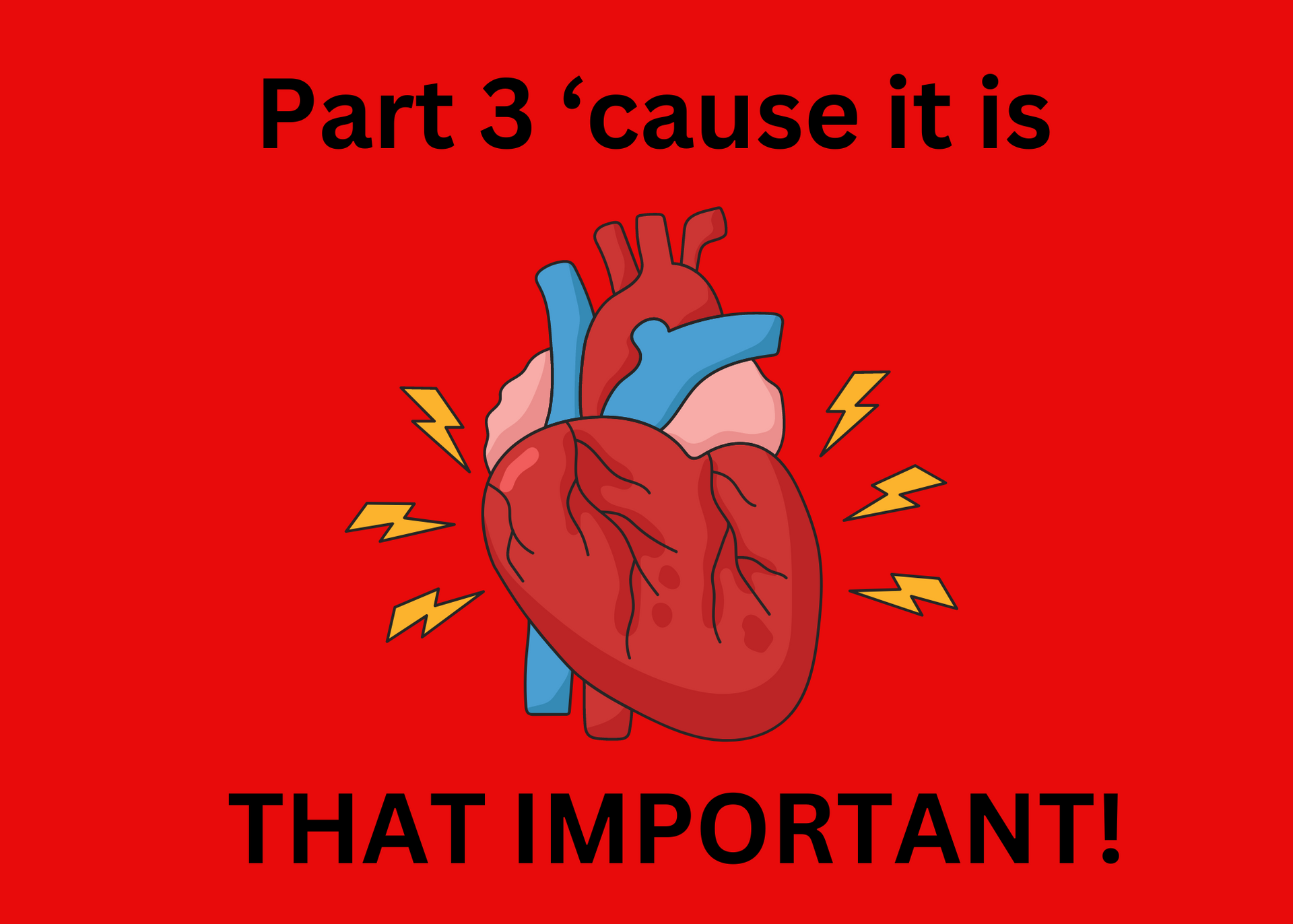
This article is the last of a three-part series on The Heart. The first article reviewed cholesterol and different ways to monitor cholesterol, both conventional and non-conventional. The second article reviewed some best practices for decreasing the risk of having a cardiovascular event by utilizing lifestyle modification. The best treatment of any disease state is prevention, and cardiovascular disease (CVD) is no different.
Today, I will review some of the supplements that can be used to lower your CVD risk and their benefit on the risk markers we discussed in the first article. In the battle against CVD, lifestyle choices such as regular exercise and a balanced diet are paramount, and certain dietary supplements have gotten attention for their potential to bolster heart health. Backed by scientific research, these supplements offer promising avenues for reducing the risk of CVD and its associated complications.
Omega-3 fatty acids, particularly eicosapentaenoic acid (EPA) and docosahexaenoic acid (DHA), found predominantly in fatty fish, possess well-established cardioprotective properties. Numerous randomized controlled trials have proved their beneficial effects in lowering triglyceride levels, reducing inflammation, and mitigating arrhythmias. A study by Mozaffarian (2013) demonstrated a significant reduction in cardiovascular events with omega-3 supplementation. Omega-3s are one of my favorite supplements because they are essential to many health aspects. If you are not eating fish a couple of times a week, you need to supplement, and if you are unsure if you require them, take the test to find out.
Coenzyme Q10, a vital cofactor in mitochondrial energy production, has emerged as a promising adjunctive therapy in cardiovascular care. CoQ10 supplementation has demonstrated improvements in ejection fraction, functional capacity, and quality of life in patients with heart failure (Mortensen, 2014). Notably, a study by Fotino (2013) supported these findings, reporting reductions in mortality and hospitalizations among individuals receiving CoQ10 supplementation. Furthermore, CoQ10 has synergistic effects with statin therapy, improving statin-induced muscle pains and preserving endothelial function (Hamilton, 2018).
Magnesium, an essential mineral involved in over 400 physiological processes, exerts multifaceted effects on cardiovascular health. Population studies have consistently associated higher dietary magnesium intake with reduced risk of CAD and hypertension (Del Gobbo 2013). Randomized controlled trials have demonstrated the antiarrhythmic properties of magnesium, particularly in the context of atrial fibrillation (Chiuve 2011). Systemically, magnesium modulates vascular tone, inhibits platelet stickiness, and attenuates oxidative stress, thereby conferring protection against CVD.
Beyond its classical role in immune and bone health, vitamin D has garnered attention for its effects on the cardiovascular system. Prospective studies have identified an inverse association between vitamin D status and the incidence of hypertension, heart failure, and myocardial infarction (Michos 2011). So, the higher the vitamin D level, the better off patients were regarding CVD. Another study has further shown the cardioprotective benefits of vitamin D supplementation, showcasing reductions in all-cause mortality and cardiovascular events (Wang 2018).
Combining a lipid-lowering diet with scientifically proven nutraceutical supplements can significantly reduce LDL cholesterol, decrease LDL particle number, increase LDL particle size, lower triglycerides, and improve HDL functionality.
Unfortunately, even the best diets and proper nutrition may not be enough to obtain the desired lipid levels. Thus, combining nutrition and nutritional supplements is valuable and effective in reaching serum lipid goals.
In addition, inflammation, oxidative stress, and vascular immune responses are decreased. In several prospective clinical trials, coronary heart disease and cardiovascular disease have been reduced with optimal nutrition and several nutraceutical supplements, including omega-3 fatty acids, red yeast rice, α-linolenic acid, and niacin.
A combined program of nutrition and nutraceutical supplements represents a scientifically valid alternative for patients who are statin intolerant, cannot take other drugs for the treatment of dyslipidemia, or in those who prefer alternative therapies. This new approach to decrease vascular disease caused by unfavorable lipid levels recognizes and treats the multiple steps involved in the development of atherosclerosis.
This approach to lipid management to decrease vascular disease utilizes a more functional and metabolic medicine approach with a broader treatment program that addresses the many steps involved in dyslipidemia-induced vascular damage.
"Clinical trials show excellent reductions in serum lipids and CHD with niacin, omega 3 fatty acids, red yeast rice, fiber, and alpha-linolenic acid. Smaller studies show improvements in various biomarkers for CVD, such as inflammation, oxidative stress, vascular immune function, and plaque stability. In addition, studies have used alternate vascular markers, show improvement in arterial stiffness and improved elasticity, reduction in pulse wave velocity and augmentation index, decreased carotid intimal medial thickness (CIMT) and obstruction, coronary artery plaque progression, coronary artery calcium score by electron beam tomography (EBT) and CT angiogram as well as decrease in generalized atherosclerosis and improvement in endothelial function."
"Virtually all studies have shown very high safety profiles for nutritional supplements in treating dyslipidemia." The above comments are from Dr Mark Houston in "The Role of Nutrition and Nutritional Supplements in the Treatment of Dyslipidemia" Clin Lipidology. 2014;9(3):333-354.
In conjunction with Omega-3 Fatty Acids, Niacin improves vascular function, increases large, buoyant HDL cholesterol, reduces triglycerides, and produces a beneficial reduction in plasma apoB. This cholesterol transport lipid is associated with elevated levels of LDL.
In cardiovascular disease prevention, dietary supplements have considerable potential as adjunctive therapies. Omega-3 fatty acids, Coenzyme Q10, magnesium, vitamin D, red yeast rice, fiber, niacin, and alpha-linoleic acid are critical players in this arena, supported by robust evidence from clinical trials.
The research shows that through diet and targeted dietary supplementation, a patient can show improvement in the fight against CVD. It is good to know that there are tools to arm you in the CVD battle.
If you would like help or more information about cardiovascular disease, do not hesitate to contact my pharmacy staff, as they would be more than willing to help you at 701-483-4858. All my articles can be found online at our website, www.irsfeldpharmacy.com. My podcast, "The Irsfeld Pharmacy Optimal You Podcast," can also be accessed through the website.
Until next time, be vigilant about your health!!



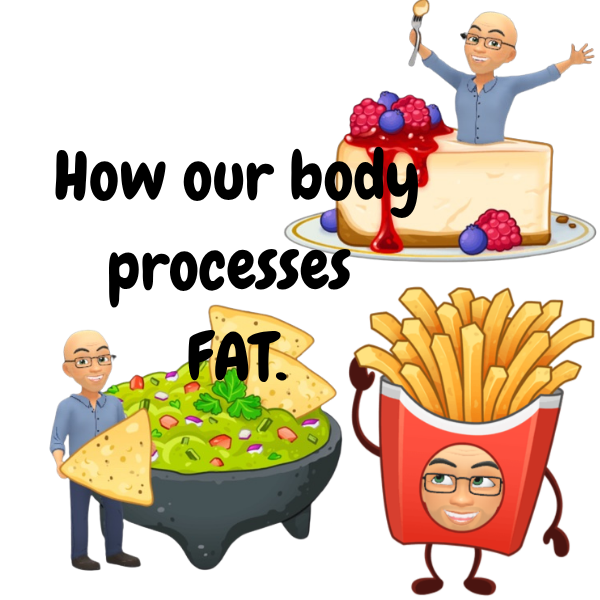
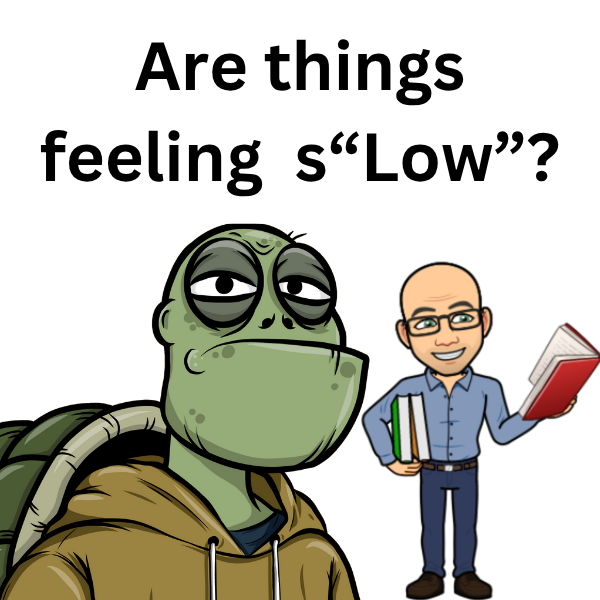

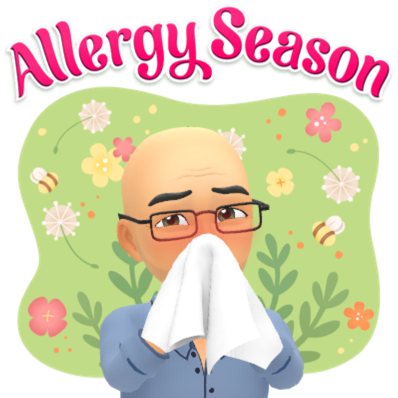
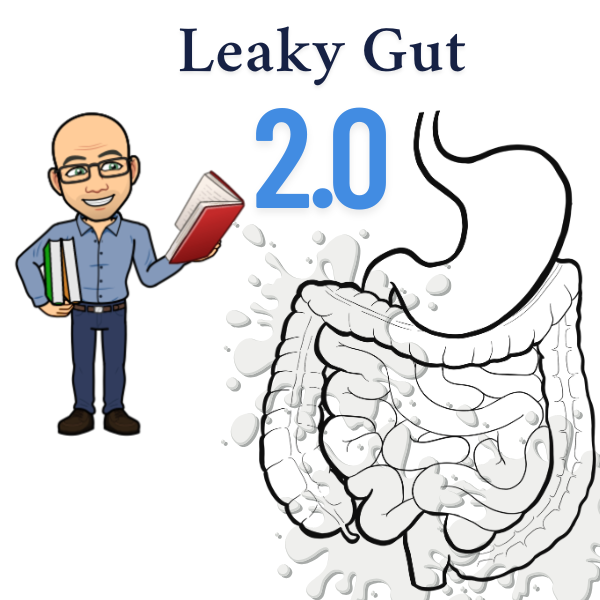



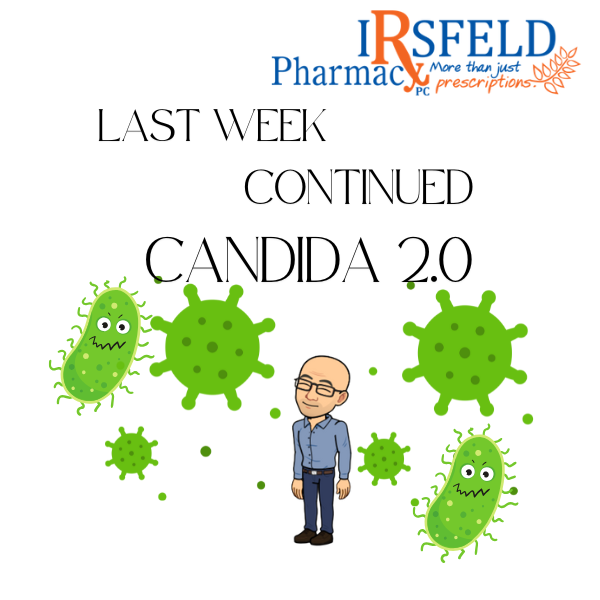
Share On: